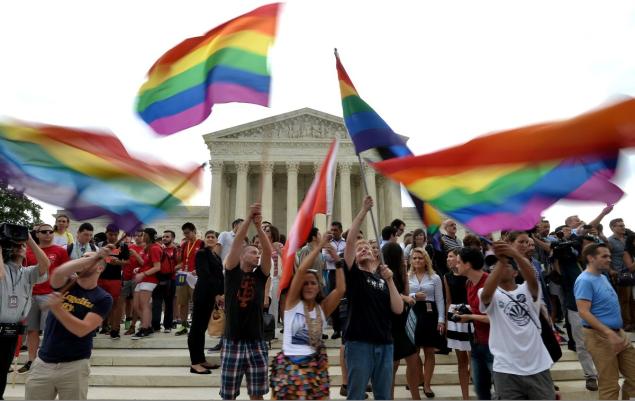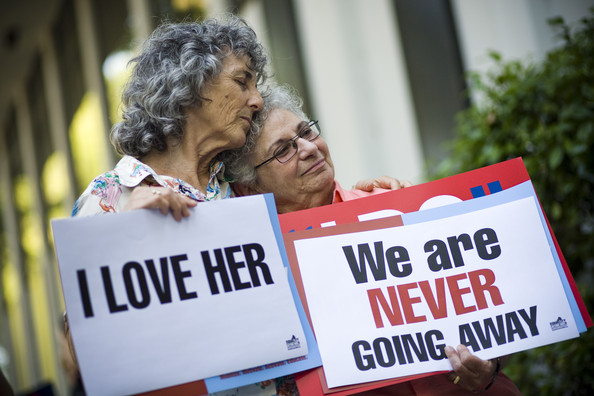In a shocking move, North Carolina’s state Legislature has passed a law blocking local governments from passing anti-discrimination rules to grant protections to gay and transgender people.
The law comes a month after the city of Charlotte passed a measure protecting gay, lesbian, bisexual and transgender people from being discriminated against by businesses.
Sarah Preston, executive director of the American Civil Liberties Union of North Carolina, said in a statement.
Legislators have gone out of their way to stigmatize and marginalize transgender North Carolinians by pushing ugly and fundamentally untrue stereotypes that are based on fear and ignorance and not supported by the experiences of more than 200 cities with these protections.”
The new law establishes a statewide nondiscrimination ordinance that explicitly supersedes any local nondiscrimination measures. The statewide protections cover race, religion, colour, national origin and biological sex — but not sexual orientation or gender identity.
Those who were against the bill mainly opposed the idea of transgender people being allowed to use their preferred bathroom.
North Carolina Governor Pat McCrory vowed to overturn it, claiming it creates “major public safety issues.”
I signed bipartisan legislation to stop the breach of basic privacy and etiquette, ensure privacy in bathrooms and locker rooms.
— Pat McCrory (@PatMcCroryNC) March 24, 2016
Ordinance defied common sense, allowing men to use women’s bathroom/locker room for instance. That’s why I signed bipartisan bill to stop it
— Pat McCrory (@PatMcCroryNC) March 24, 2016
Others argued that the ordinance would put women at risk because male predators will be able to enter women’s bathrooms with ease.
The Human Rights Campaign’s national press secretary Stephen Peters criticized HB 2 in a statement.
Thousands of LGBT veterans have fought to secure our freedom, only to have the rug pulled out from under them by the North Carolina legislature’s willingness to wipe protections for local veterans off the books. Gov. McCrory must take a stand for fairness and equality for all and veto any bill that would increase the risk of discrimination.”
North Carolina Attorney General Roy Cooper also criticized the bill.
North Carolina is better than this. Discrimination is wrong, period. That North Carolina is making discrimination part of the law is shameful.”





